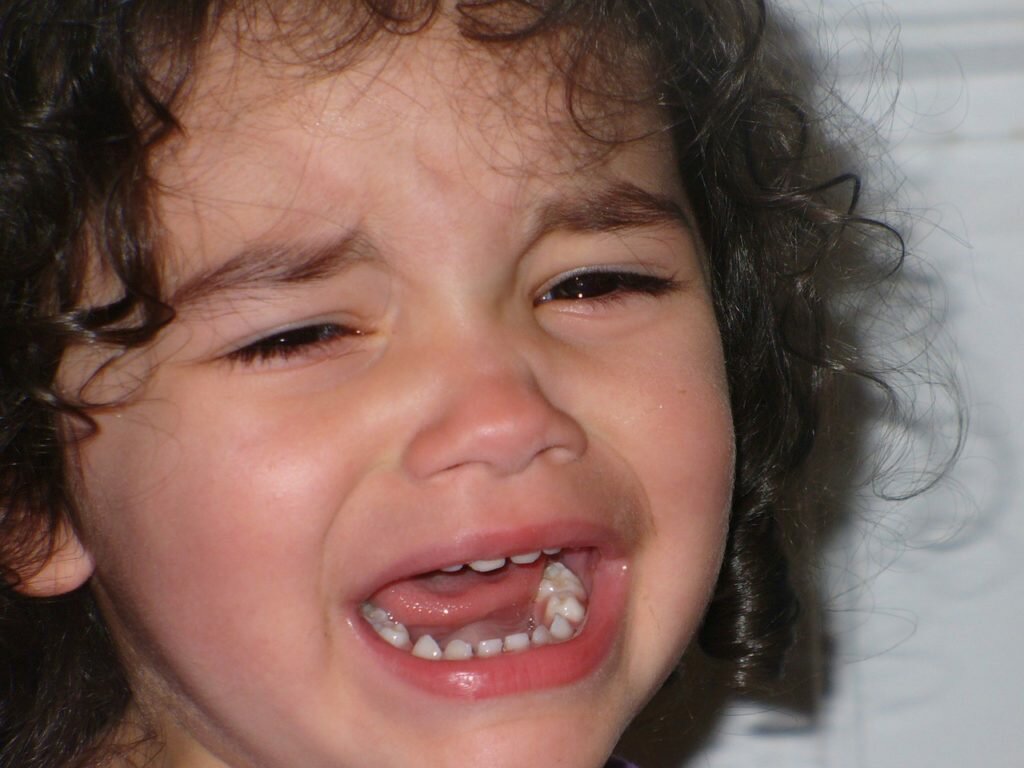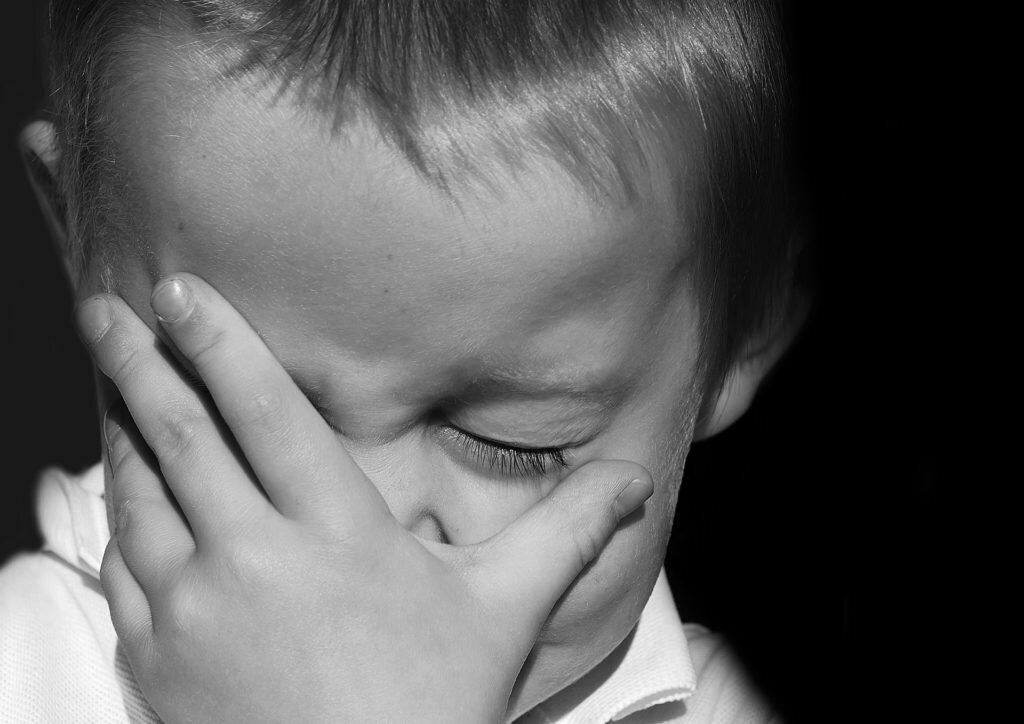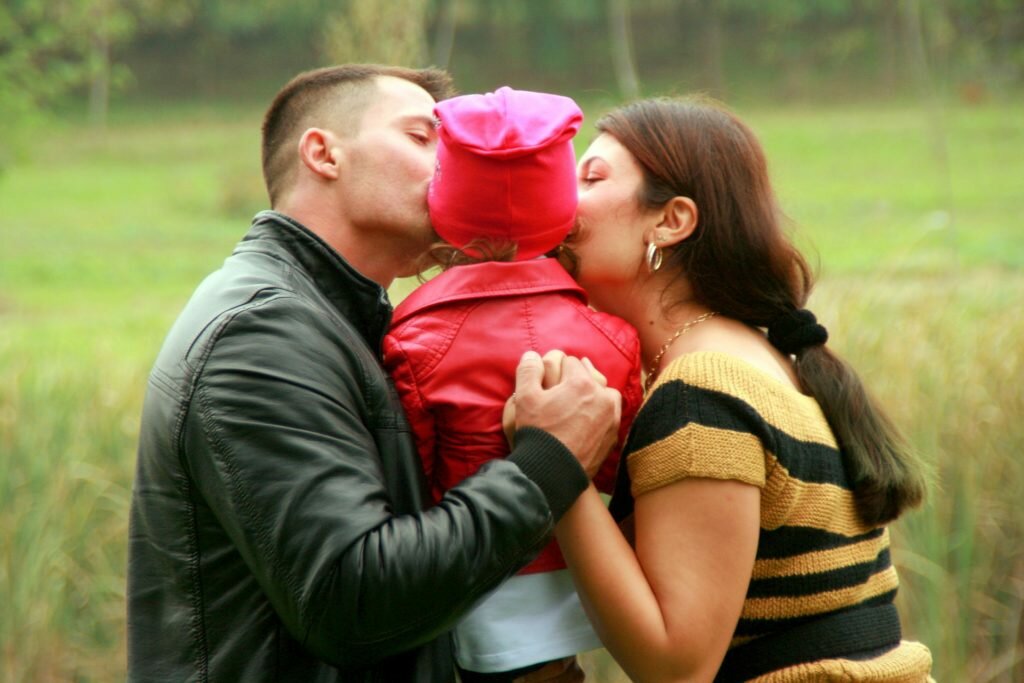
I don’t know about you, but sometimes stress ends up getting the better of me. In fact, we adults often find ourselves in stressful situations. (Right? Right!) And we all know that isn’t a good thing.
What we may not realize though is that stress affects children too. I’ve been observing our toddler-turned-preschooler lately and it seems that she shows signs of stress sometimes (maybe she’s adjusting to having a new baby around?). So I’m glad to have come across people like Sam Jones in London, who has collaborated with Truly Rich and Blessed by way of this guest post below, about how to recognize signs of stress in your toddler. I hope it helps my fellow parents — and even non-parents who care for young kids — somehow!

You may be thinking “You’re not even two years old yet, what have you got to be stressed about?” Stress is a very general word that has become so overused today that we tend to ignore it, or expect it in ourselves. Life is stressful, right? Studying, working, mothering, social interacting; it takes a strong woman to not feel the pressure when you add a new family member into the mix.
So we come to accept that we’re always just a little bit stressed. Living in a big city like London can certainly push you to your limits, with traffic jams, tube strikes, and driving rain when it was meant to be sunny. People cope with stress in different ways. You may find that speaking to a friend helps you, or a hot bath or foot massage after your little one has gone to bed.
If you notice that stress has started to manifest physically in you, such as in the neck, shoulders, or jaw, you may be grinding your teeth and should visit a Dental Lab to find out about getting a dental night guard fitted. And with all the time you spend worrying about whether your child will learn to speak, eat his greens, sleep well and be happy at school, did you ever stop to think that your nerves might be transmitting to your toddler?
According to Family Education, there are many possible causes of stress in toddlers that can provoke undesired or unexpected reactions from your little one (such as a tantrum in Tesco’s). So if you know or suspect that your toddler has been having problems with a playmate, teacher, sibling, or parent; a change in environment, or separation anxiety, then be on the lookout for these tell-tale signs of stress:
- Aggression
- Anxiety
- Disturbed Sleeping Habits
- Low appetite
- Irritability
- Poor Speech
- Change in Bowel Movements
- Earache
There are other attitudes that can be stress-related, so if you notice that your toddler is acting out, then see if you can find a link between his behavior and what’s going on at home or at playschool.
One very telling sign that is often overlooked is teeth grinding, otherwise known as bruxism. This is very common in kids, but often goes unnoticed, as it is usually transitory. But if you notice your toddler physically suffering from tooth or jaw pain, or earaches, and want to find out if a custom night guard is right for him, you can find more information here.
If you notice any of these signs, try reassuring your child by staying close by. If you take him to a playgroup, then stay a little longer after dropping him off until he’s settled and try speaking in a soothing tone, as shouting can have a very damaging effect on your little one.

Don’t shout at your child when he/she seems stressed; shower him/her with affection instead.
Don’t obsess about your toddler’s stress; he may just be going through a growth spurt or having a temper tantrum, but be aware that stress can happen at any age, so you can stop it in its tracks before it becomes a problem.
Sam Jones is a digital marketing expert, social media and branding consultant and guest blogger for various publications, including Business2Community, Inbound.org and . In her free time, Sam is an avid traveler, foodie and lover of all things technology. She’s also a fitness fanatic (in the making).
*All photos from Pixabay.com

Leave a Reply